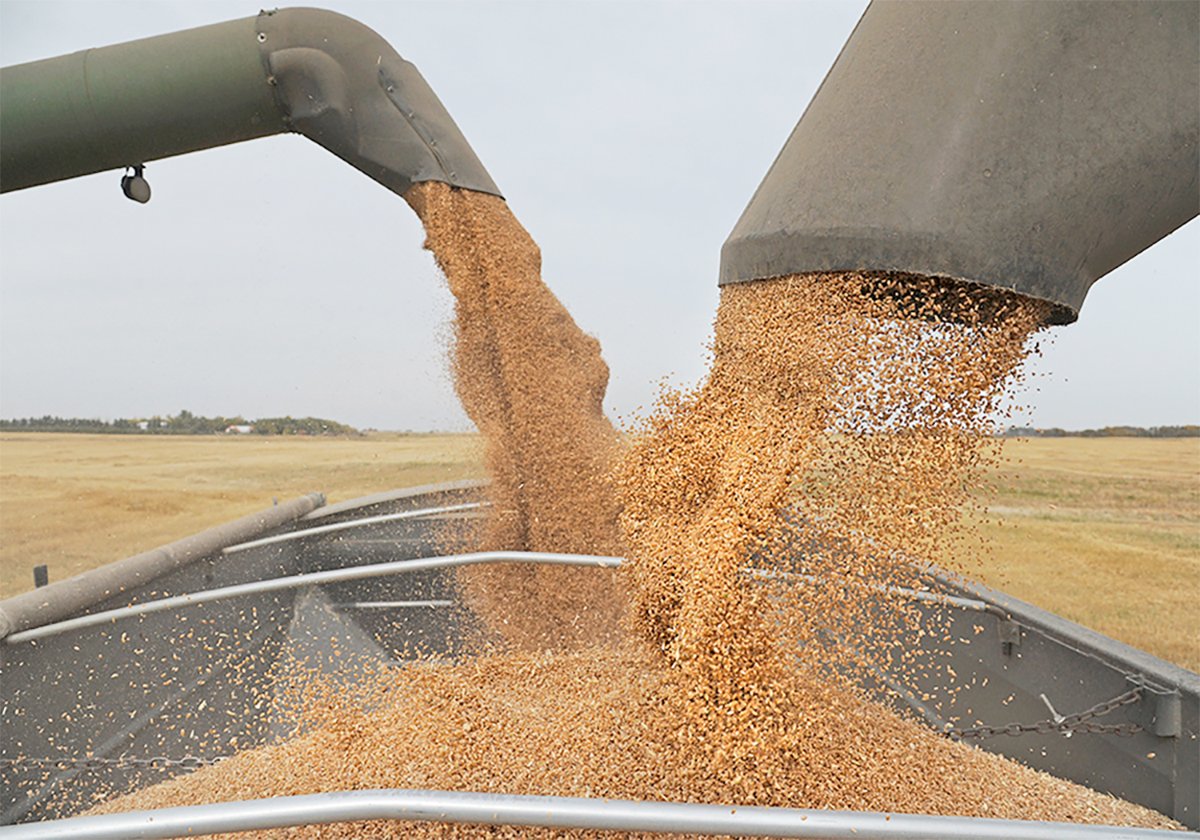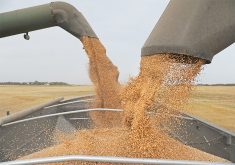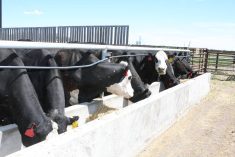BIOFUEL development is the leading edge of a revolution that could transform agriculture.
Biotechnology and genetic engineering are spawning the bio-economy. What the petrochemical and pharmaceutical industries provide today could soon be delivered by biology and farming.
The immediate focus is on effective biofuel policy, but we must also consider how best to position the industry and all its players to benefit from the bio-economy revolution. The transformation presents the opportunity to change attitudes and redefine identities.
As a catalyst to new thinking, Crop Life Canada has produced a discussion paper, Innovation and Partnership in the Bio-Economy, which suggests Agriculture and Agri-Food Canada change its name to Agriculture, Food and Bio-Resource Canada.
Read Also

Agriculture productivity can be increased with little or no cost
There’s a way to enhance agricultural productivity with little or no cost. It doesn’t even require a bunch of legislative changes.
It also proposes that government and industry work together to foster an environment where policy and regulation enables innovation, farmers are helped to adopt innovative opportunities and consumers and foreign governments are encouraged to accept the products of the new bio-economy.
A similar focus on innovation is evident in the Agricultural Institute of Canada’s paper Re-Defining Agriculture.
Both papers emphasize the need for collaboration and new value chains. Instead of a chain linking field to plate, we might see fields linked to fuel tanks or clothes closets.
Value chains are attractive, fostering images of shared information, effort and profits while delivering leading edge products to consumers. But the existing food chain often fails primary producers.
Farmers are usually the smallest and weakest link in the chain they share with corporations that supply inputs and handle, process and distribute the raw product. The corporations regularly post profits while farmers struggle with losses.
Value chains must be made profitable for all the links. Farmers themselves can improve their position through ownership, private or co-operative, in other links of the chain, but that is only a partial solution because of producers’ limited resources.
Farmers can also increase power by changing their skills. Their income increasingly will come not simply from their products, but the manner in which they produce them to guarantee safety, quality and identity. Capturing profit from that effort will require an innovation mindset and improved management, marketing and networking skills.
But other players in the chain also require a new mindset. As the Agricultural Institute paper puts it, the corporate sector in Canada must take care of the goose laying the golden egg.
Before biofuel came along, many of Canada’s farms were unsustainable. If the bio-economy is built without recognizing and rewarding the farmer’s fundamental role, its foundations will likely crumble.
Bruce Dyck, Terry Fries, Barb Glen, D’Arce McMillan and Ken Zacharias collaborate in the writing of Western Producer editorials.














